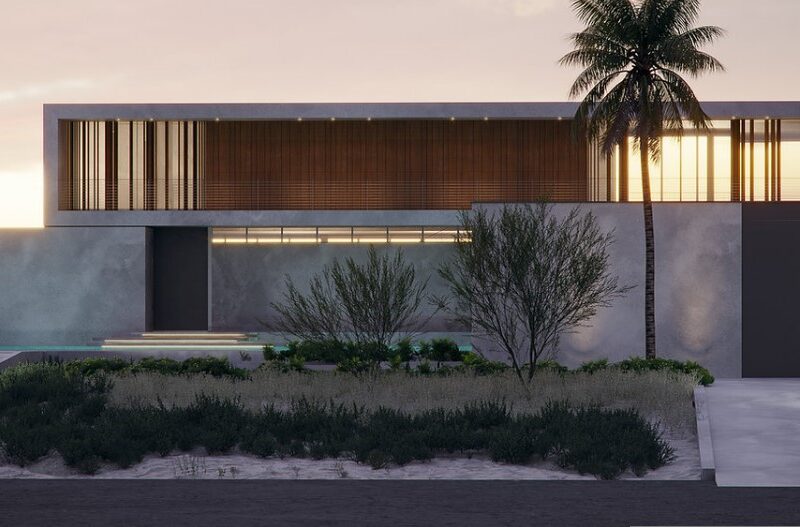Having good credit history helps you to get a mortgage at a more competitive interest rate, and may also qualify you for a good credit discount on your homagic.com insurance. Get a copy of one or all of your credit reports. Make sure they are correct and report any mistakes immediately. If your credit is not as good as it could be, now is the time start improving it.
2. Protect yourself with a renters insurance policy
If you are renting an apartment or house, protect yourself financially with a renters insurance policy. That way, if disaster strikes your renter’s insurance can help protect the down payment you’re saving to buy your new home, as well as showing a useful insurance history to your prospective homeowner’s insurer when you go to buy your first home.
While house hunting
As you search for your new homestead, be aware that the physical characteristics of the house-its location, size, construction and overall condition-can affect the cost, choice, and availability of home insurance. In some cases, features such as ornate plasterwork or proximity to the coastline-can make insuring a home more expensive or more difficult. Some factors to consider when shopping for a home are:
3. Location and quality of the fire department
Homes that are located near highly rated, permanently staffed fire departments will often cost less to insure. This is also true for homes that have a fire hydrant nearby.
4. Proximity to the coastline
Houses located close to the coast will generally be more expensive to insure than those further inland. They will also likely require a separate windstorm or hurricane deductible.
5. Age of the home
Although a stately, older home can be quite beautiful, the ornate features like ceiling molding, plaster walls, and wooden floors may be expensive to replace and can increase the cost of insurance. Electrical and plumbing systems can become unsafe over time, especially with a lack of maintenance.
6. Condition of the roof
A new roof not only keeps you and your family safer, but it also matters to the insurance company. Be sure and check the roof’s condition. Depending on the type of roof and the material it’s made from, you may even qualify for an insurance discount.
7. Quality of construction
Find out if the house has been updated to comply with the current building codes. Homes well built by careful craftsmen and those constructed to meet modern engineering-based building codes are likely to withstand natural disasters better.
8. Risk of flooding
Damage caused by a flood is NOT covered by your standard home insurance policy. If you are purchasing a home in an area at risk from flooding, you should consider purchasing a separate flood insurance policy.
9. A swimming pool or other special feature
If the house has a hot tub, swimming pool, or other special feature, you will probably need more liability insurance. You may also want to consider an umbrella liability policy to provide added protection in the event a person gets injured on your property and decides to take action.
Before you place a bid on the home
Take precautions and learn about the house’s history, current condition, potential trouble spots, etc.
10. Check the loss history report
Ask the current homeowner for a copy of the loss history report on the home. Homeowners can obtain either a Comprehensive Loss Underwriting Exchange (C.L.U.E.) report. These reports are a record of the type of loss on the home and can provide beneficial information. For example, if there was a claim for water damage on the home, it is essential to find out the cause of the damage (like a burst pipe) and whether it has been correctly repaired. On the other hand, a claim for hail or wind that resulted in a brand new roof makes the home stronger and more attractive from an insurance perspective.
11. Get the house inspected
You’ll need to have the house inspected by a credentialed home inspector to be approved for your mortgage. Meet with the inspector to make sure that they check the general condition of the home for:
Water damage, termites and any other type of infestation
Review the electrical system, plumbing, septic tank and water heater
Show you where potential problems might develop
Double-check that past problems have been repaired

